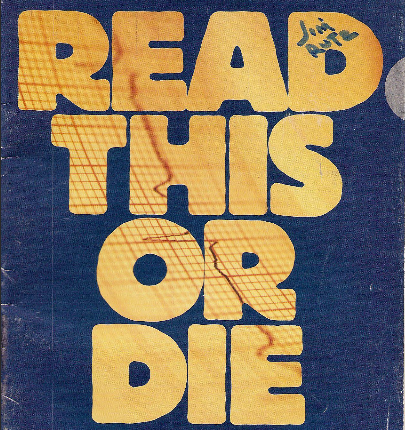My friend Golibe made a great video this week exploring the power of a compelling story.
He briefly highlighted a point I haven’t heard too many gurus talk about:
How “unfair injury” connects you to a story character.
Golibe’s video just touched on the concept briefly, and it inspired me to expand on the idea a little more.
Because it’s a subtle but hard-hitting persuasion tactic.
It’s a key reason we form emotional bonds with characters (even if we don’t realize it) in countless books, movies and even marketing material.
In The Story Solution, Eric Edson says:
“After courage, the second quickest way to bond an audience to your hero is to place that character in a situation where blatant injustice is inflicted upon her.”
This isn’t necessarily the same thing as the “rags to riches” story arc. There are levels to this.
Let me share an example.
I worked with a few years ago who was paralyzed from the waist down as a teenager.
We occasionally mentioned that fact in sales copy. It was the catalyst that drove him to learn the skill he turned into 3 multimillion-dollar business.
One day, the client had the idea to take the story to another level.
He talked about how a group of older teens beat him so badly that he’d never walk again. Then the medical bills crushed his family financially. And that series of events forced him to do something different…
Fleshing out the unfair injury kept people glued to their screens and practically forced viewers to root for my client.
Sales on that webinar were off the charts. (I don’t remember the stats, but I get there were fewer returns, too.
You can use unfair injury to draw readers/viewers into your copy and keep them emotionally engaged.
Share painful stories — and especially of injustices — against your main character. The more vivid the better.
Maybe your boss gave the promotion you deserved to someone else. Better yet, she gave it to the new guy the one who always wears tight shirts — the guy YOU TRAINED.
There are a thousand variations.
As long as the story is believable, your reader/viewer’s heart will go out to your character, which advances the sale.
That’s your homework: Spend some time thinking about how you can use unfair injury in your own marketing.
It’s not the only trick you’ll use. But it’s a good one to have in your repertoire.
Have a productive day!
P.S. Presenting a perfect picture of yourself in your promotions is less persuasive than you probably think.
I know, it’s a little scary to tell your darker stories.
But it works. It can help you with sales now and retention/ascension over time.
Your ideal clients will feel even more connected to you. They’ll be even more excited to hear from you.
Isn’t that worth a little discomfort?
(Guess that’s up to you to decide.)


